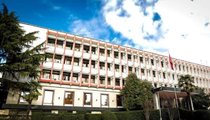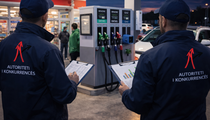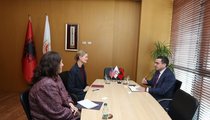EU, 13 critical materials projects outside the bloc - New initiatives aim to reduce dependence on Chinese exports
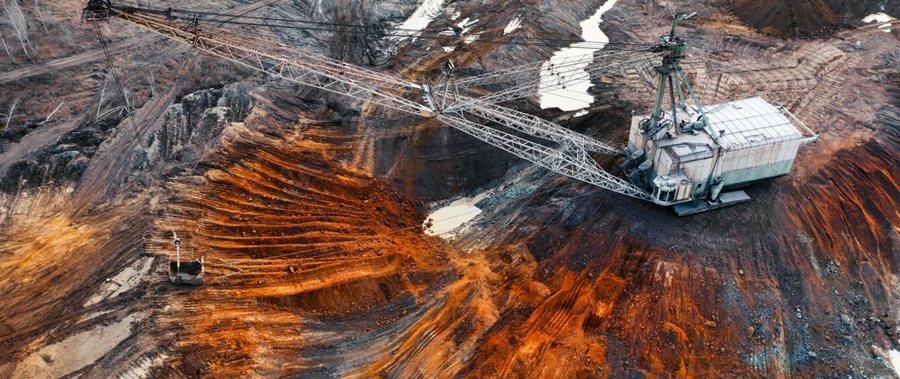
The European Union announced 13 new raw materials projects outside the bloc to boost its supplies of critical metals and minerals. The EU aims to stay competitive in the energy transition, as well as in the defense and aerospace sectors.
The announcement follows China's decision in April to impose restrictions on exports of rare earth magnets until new licenses are obtained, forcing carmakers and other companies to secure meetings with Beijing officials and avoid factory closures.
"We need to reduce our dependencies on all countries, especially on states like China. Export bans increase our willingness to diversify," official sources within the bloc said.
China controls more than 90% of global processing capacity for magnets, which are used in everything from vehicles and fighter jets to household appliances. It is also the main supplier of many key inputs for renewable energy, particularly rare earths, batteries and solar panels.
The EU list is part of the implementation of the Critical Raw Materials Act adopted in 2023, under which the bloc aims to extract 10%, process 40% and recycle 25% of its needs by 2030.
Ten of the new projects will focus on materials essential for electric vehicle batteries and battery storage, including lithium, cobalt, manganese and graphite. Two rare earth metals projects are located in Malawi and South Africa.
Other initiatives are located in Britain, Canada, Greenland, Kazakhstan, Madagascar, Norway, Serbia, Ukraine, Zambia, Brazil and the French territory of New Caledonia.
The British project aims to mine tungsten, and those in Ukraine and Greenland will process graphite. Tungsten is a key material for the defense industry.
Greenland has been a point of tension between Brussels and Washington this year after US President Donald Trump repeatedly said he wants to buy the Danish overseas territory.
While the Serbian project could produce 90% of Europe's lithium needs, the initiative has encountered legal hurdles and many Serbs are concerned about the negative impact on the environment.
The European Union has estimated that the projects will require a total investment of 5.5 billion euros to get off the ground. The new list brings the total number of EU strategic projects to 60. In March, the Commission announced 47 projects within the bloc.

Armed Forces Deployment Plan - In the Assembly, the draft law on their command and the location of the exercises
The precise definition of the powers and authorities of the direction and command of the Armed Forces, in times of peace and war, is the main goal of the......

AI advertising spending is booming - expected to grow to $26 billion by 2029
Spending on search engine advertising, powered by artificial intelligence, is expected to grow to nearly $26 billion in the U.S. by 2029. That figure is......
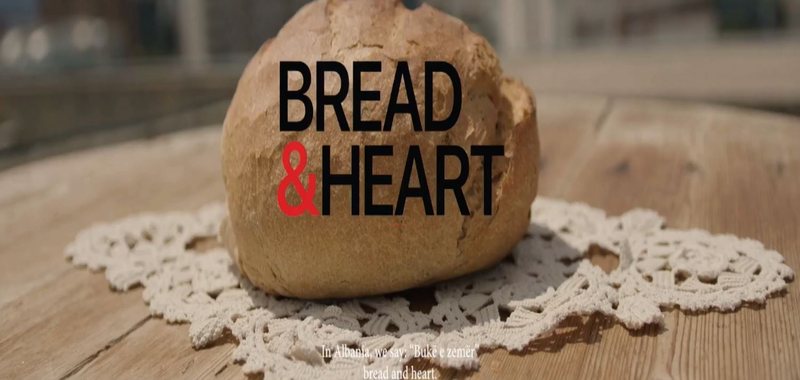
"Bread and Heart", the festival of international architects - Rama: Today Albania produces more architecture than all of Europe combined
“Bread and Heart” is the festival that brought together over 150 architects from Europe, Asia, North and South America, who work in Albania. Together with......
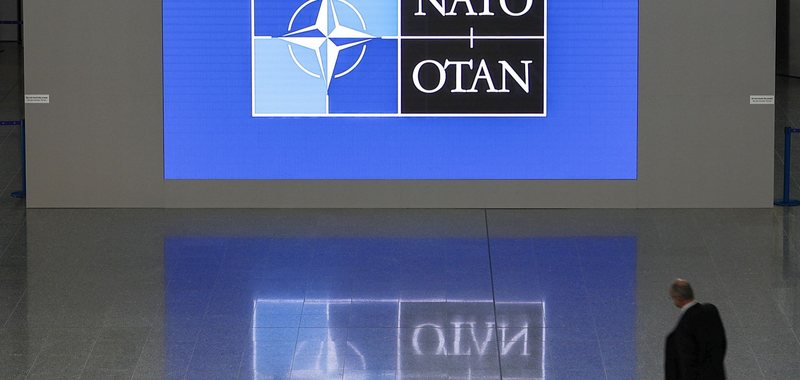
"Many NATO members support Trump's demand" - Rutte urges allies to spend 5% of GDP on defense
Most of the US's NATO allies have supported US President Donald Trump's demand that they invest 5% of GDP in the defense sector, the alliance's Secretary......
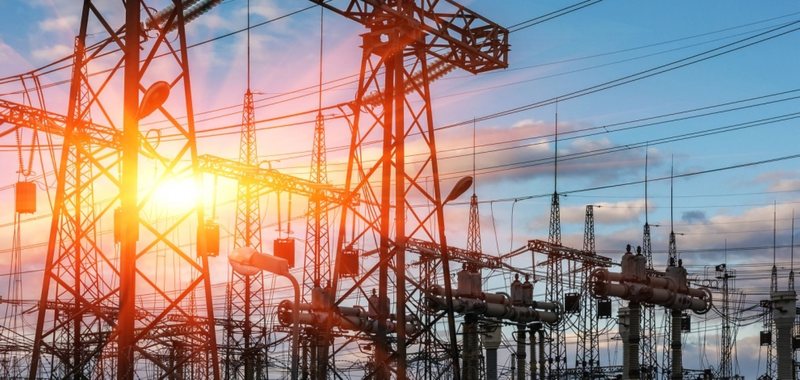
Energy production in the country falls - Balance for the 4th month. Losses in the network decrease, collections at 96%
Around 2.9 million MWh of energy was produced during the first four months of this year from all generating sources in the country, marking a decrease......
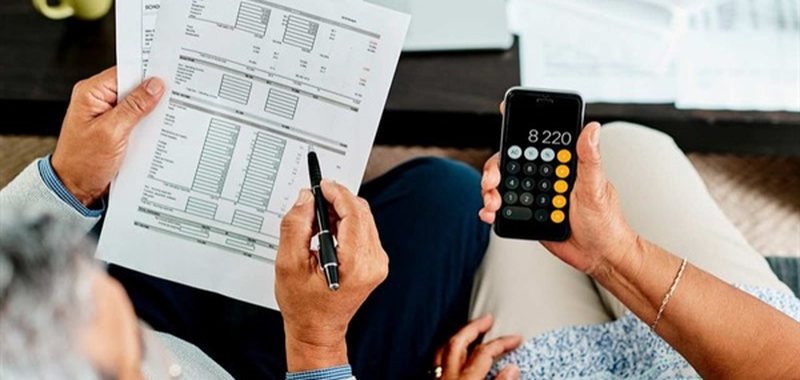
710 million euros from employee contributions - 5-month period, income from TAP also increases significantly
The tax administration has significantly increased the revenues collected in the state budget in the past 5 months, mainly in terms of social security......

Germany promises to increase cooperation with the US - Chancellor Merz emphasizes the impact of tariffs on German manufacturers
Chancellor Friedrich Merz said Germany, Europe's largest economy, is ready to take on a greater leading role in future trade deals with the US before the......

Support for Albanian entrepreneurship - New digital transformation center for small businesses and startups
The Ministry of Economy, Culture and Innovation, with the support of the European Commission, is implementing the "Digital Innovation Unit" (DIU) Project,......






